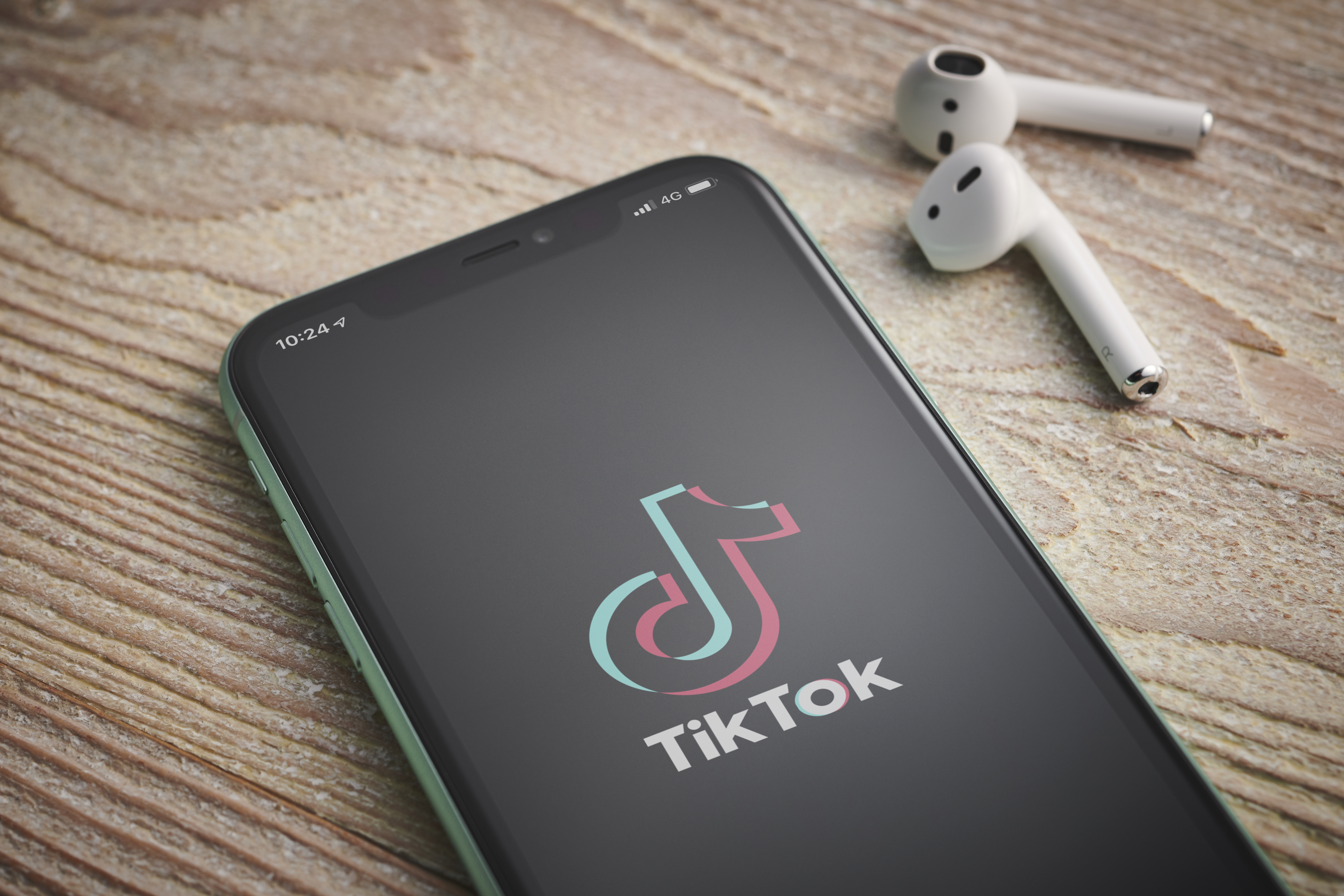
TikTokers in the US may get some breathing room even if the US Supreme Court doesn’t vote in favor of the social media platform. A bill introduced in the Senate on January 13 could give TikTok another 270 days before the app faces a US ban if it does not divest from parent company ByteDance. The bill comes as rumors swirl days ahead of the January 19 TikTok ban deadline that suggests US users may just be trading one risk for another.
The Extend the TikTok Deadline Act, presented by Senator Ed Markey (D-MA) would extend the January 19 deadline by 270 days. The bill doesn’t change the earlier legislation requiring TikTok to sell outside China or face a ban in the US but simply extends the deadline for such a divesture to occur. Earlier legislation requires ByteDance to sell TikTok or face a ban in the US, with legislators citing national security concerns over the app’s China ties.
The deadline extension, if passed, could be key for the platform, as the current January 19 deadline is set for one day before President elect Donald Trump is scheduled to take the oath of office. The US Supreme Court is also currently debating TikTok’s claims that the legislation is a violation of the first amendment.
While Trump signed an executive order in 2020 supporting sanctions against TikTok, the president-elect has now asked the Supreme Court to extend the deadline so he could “negotiate a resolution.” According to Forbes, however, Trump’s options to block the ban are limited.
As the future of the app remains up in the air, rumors circulate over a potential buyer for the app. Some of the latest reports suggest Elon Musk as a potential buyer. TikTok, however, claims that a divesture would be impossible, calling the latest rumors over a Musk buyout “pure fiction.”
However, such a move would further narrow the ownership of some of the most popular social media apps, pushing TikTok towards a Facebook-Instagram-like relationship with the Musk-owned X (formerly Twitter). Users on X have dropped significantly since the Musk buyout, according to SensorTower data.
In the US Supreme Court case, the lawyer for TikTok, Noel Fransisco, has said that selling the app would be nearly impossible, as pieces of the algorithm are “embodied in intellectual property that are owned by the Chinese government” that cannot be sold and building a new algorithm would take years. On the other side, US Solicitor General Elizabeth Prelogar described TikTok as “a tool for harassment, recruitment, and espionage” and cited concerns over both content manipulation and data protection.
Meanwhile, Red Note, or Xiaohongshu, became the most downloaded app in the US Apple App Store earlier this week, a move driven largely by TikTokers trying the app. Red Note is a Chinese app and its growth highlights the fact that legislators narrowed in on TikTok rather than passing legislation limiting China-owned apps in general.
TikTok is used by an estimated 170 million people in the US, roughly a third of the platform's numbers. While the app itself isn’t used in China and ByteDance says it is owned by global investors, legislators expressed concern over the app's origin, expressing concern that the company could be required to hand over data to the People’s Republic of China or that the app’s algorithms could be used to manipulate content.
You may also like
Looking for a TikTok alternative? Browse the list of the best social media networks for photographers, or pick up one of the best cameras for TikTok.







